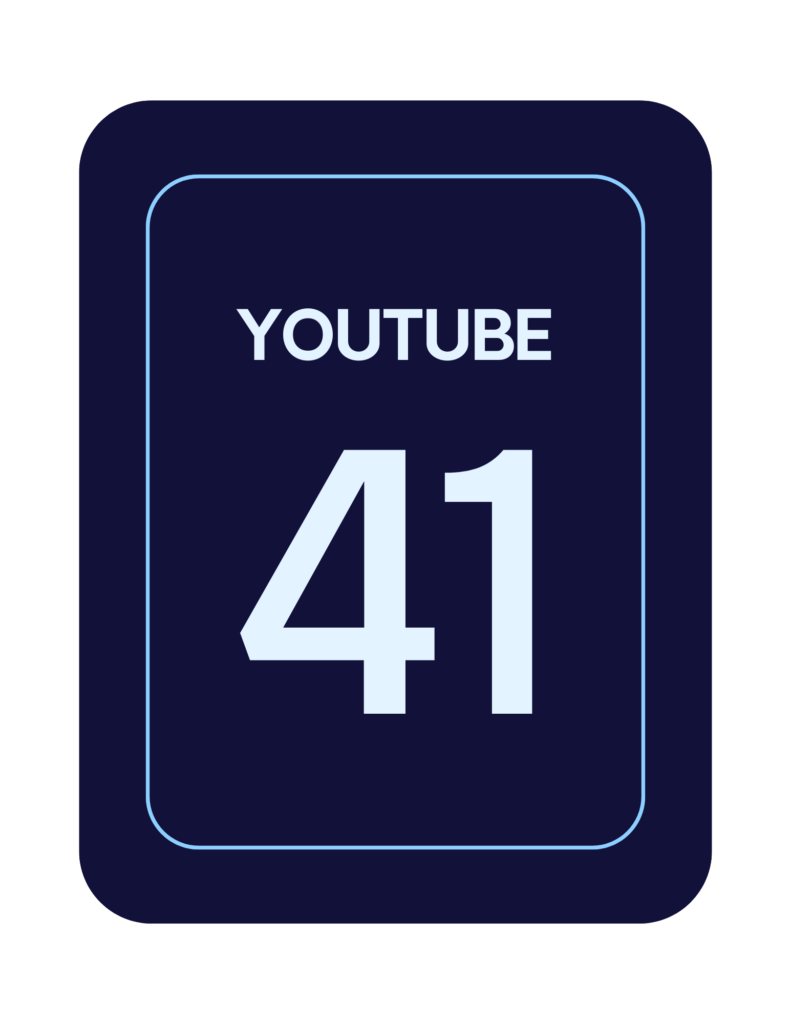YouTube

In the 2025 SMSI Platform Scorecard, YouTube receives a score of 41. In a deeply concerning update to YouTube’s “Hate Speech” policy, the company removed “gender identity and expression” from its list of protected characteristic groups, which suggests that the platform is no longer protecting transgender, nonbinary, and gender-nonconforming people from hate and discrimination according to its Community Guidelines. The company has claimed that the policy has not changed, however it is an objective fact that the gender identity protection is no longer expressly present in its public-facing policy. YouTube should reverse this dangerous policy change and update its “Hate Speech” policy to expressly include gender identity and expression as a protected characteristic.
As the only platform evaluated in the SMSI Platform Scorecard that does not have a policy prohibiting targeted misgendering and deadnaming, YouTube should adopt this best practice policy commitment to protect transgender, nonbinary, and gender-nonconforming people from targeted misgendering and deadnaming. As previously mentioned, this policy should apply to public figures and should not require self-reporting. Further, YouTube should also publicly explain that it employs various processes and technologies — including human and automated content moderation — to detect content and behaviors violating these policies, and explain its enforcement process in detail.
YouTube should also implement a comprehensive policy that prohibits content and ads promoting the dangerous practice of so-called “conversion therapy” on the platform. YouTube is the only platform besides X that does not have an explicit policy prohibition of harmful “conversion therapy” content. The company should also clearly explain the processes and technologies it would use to identify content and ads violating this policy, and how the policy would be enforced.
In a positive change from last year’s evaluation, YouTube updated its advertising policies which now prohibit advertisers from excluding users from seeing ads based on their sexual orientation and gender identity. In its “Community Guidelines enforcement” report, the company publishes limited data on the actions it has taken to remove content and accounts that violate policies protecting LGBTQ people.
In its 2024 Diversity Annual Report, the company made a public commitment to taking proactive steps to diversify its workforce, and published voluntarily self-disclosed data on the number of LGBTQ employees. However, as has been reported more recently by mainstream news outlets,[1] Google is rolling back its DEI commitments in response to the Trump administration’s Executive Orders on DEI.[2] Research for the 2025 SMSI Platform Scorecard is based on public-facing company policies published over the course of the last year, since the company has not added this major stated policy reversal in Google’s commitment to diversity and inclusion to its published policies, this change is not reflected in this year’s SMSI Platform Scorecard data and will be reflected in the 2026 research.












